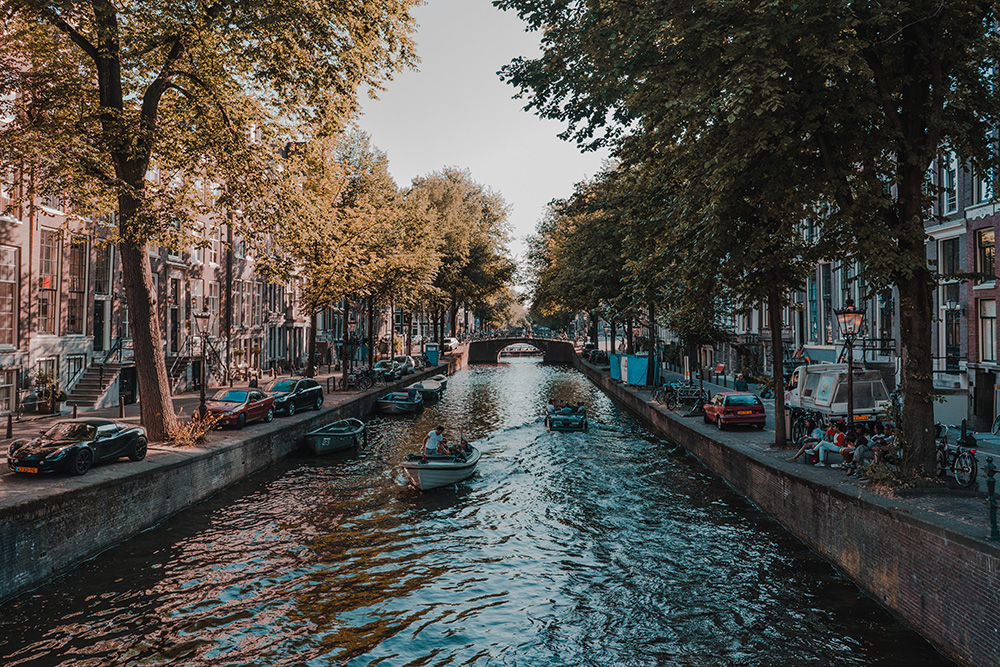
Leading climate scientists are warning that this week’s heatwave is a sign of things to come, with drought conditions now being experienced at water treatment plants across the country. Ireland has experienced two tropical nights in a row temperatures falling no lower than 20C which has only happened six times previously in 80 years of Irish records.Temperatures reached almost 31C in parts of the country and night-time drinking water restrictions have been needed in some locations.
Northern Ireland topped its highest ever temperature three times in under a week.
The extreme heat is set to ease in the coming days, but Met Éireann was last night forced to issue a status orange thunderstorm warning for Galway, Clare, and North Tipperary.
Irish Water has confirmed that 70 water treatment plants are in a drought or at the risk of drought, with the majority of these in Cork, Kerry, Limerick, Wexford, and Donegal.
The utility company, which produces 1.7bn litres of drinking water every day, says there has been no impact for many customers, but there are “targeted night-time restrictions” in some areas to ensure supplies during the day.
Climate expert Alastair McKinstry, Environmental Programme Manager with NUI Galways Irish Centre for High-End Computing, says the extreme weather is almost certainly due to climate change.
Ireland will see more of this kind of hot weather for long periods in the future, he said.
We will see more hot weather and more extreme, heavy rainfall events.
“We will have drier summers and wetter winters.
He said it is difficult to link any one event to climate change, but extreme weather is now more likely.
His comment follows an open letter from Irish Doctors for the Environment (IDE) which said the scale of current extreme weather has led to the conclusion that the climate crisis across the globe is actually worse than has previously been considered.
Dr Cathal Gallagher, head of research and development at Inland Fisheries Ireland (IFI), said climate change mitigation measures will be needed in rivers to protect against the impact of drought and high temperatures.
Fish are now under distress due to the soaring temperatures this week and low water levels, which could make fish kills unavoidable, the IFI has warned.
It is appealing to anglers, farmers, and the general public to report sightings of distressed fish.
The likelihood is that we will see more extreme events but no scientists at the moment are saying individual events are directly linked to climate change,” said Dr Gallagher.
But we expect more [extreme weather events] as the climate changes.
These events that we are having may be indications of climate change but you cant tie any individual event down to climate change.

 Subscribe to The Daily Telegraph to get unrestricted digital access, home paper delivery, Apps for iPad and Android, member only +Rewards and much more…
Subscribe to The Daily Telegraph to get unrestricted digital access, home paper delivery, Apps for iPad and Android, member only +Rewards and much more…  Do you compost or buy second hand?
Do you compost or buy second hand?  The Newsreader review: Exhilirating Australian prestige drama
The Newsreader review: Exhilirating Australian prestige drama  Local shares fell on Friday as investors make last-minute adjustments to their portfolios ahead of the main index’s rebalancing, while unease over rising infections grows.
Local shares fell on Friday as investors make last-minute adjustments to their portfolios ahead of the main index’s rebalancing, while unease over rising infections grows. 


